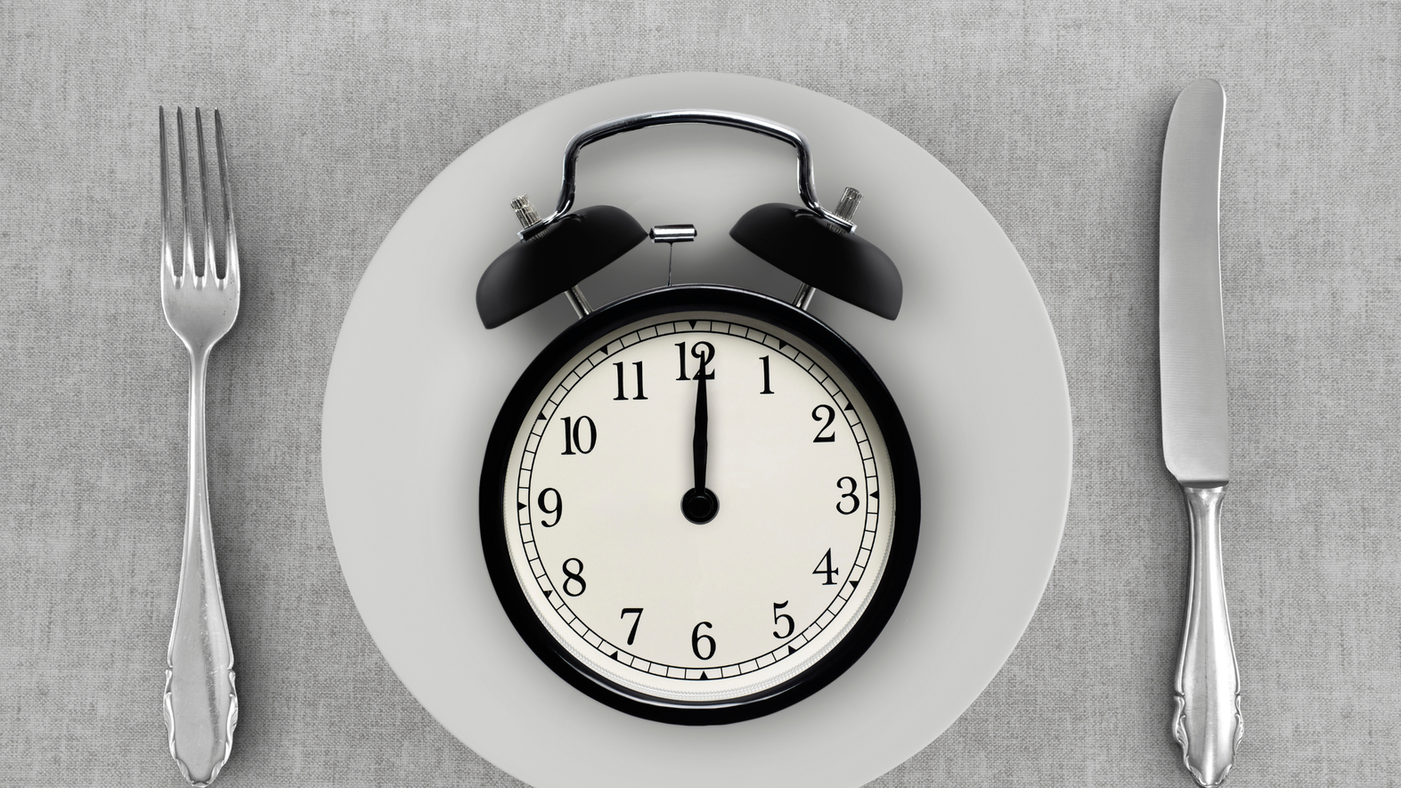Why Time Restricted Eating!

I wanted to share some fascinating insights from recent research on circadian rhythms and time-restricted eating (TRE). It's one of the small tweaks you can easily make to balance your hormones!
You might have heard of your body's "internal clock," also known as your circadian rhythm. This clock is found in every cell of your body and is naturally regulated around a 24-hour cycle.
Researchers have been exploring how aligning your eating schedule with your circadian rhythm can have powerful benefits - not just for weight loss, but for our overall health.
This idea is known as time-restricted eating (TRE), and it’s about limiting your eating window each day to allow your digestive system the rest it needs to function optimally.
Ayurveda has actually been teaching this for thousands of years and I love how science it now backing up this ancient wisdom of aligning with nature and how your body is built to work
Why Time-Restricted Eating?
In recent studies, researchers discovered that mice who followed a restricted eating window of 8 hours were protected from obesity, diabetes, and other diseases, even though they ate the same amount of food as mice who ate throughout the day.
This research is now being applied to humans, with early results showing promising health benefits.
Here’s how it works:
- Your digestive system needs rest: Eating within a specific window gives your digestive system time to repair, rejuvenate, and maintain a healthy balance of gut bacteria. Between a 14 and 16 hour overnight fast seems to be optimal.
- Natural alignment: Historically, humans didn’t have access to food 24/7. They ate during the day and fasted at night. By aligning with this natural rhythm, you give your body the chance to operate as it was designed to.
- Improved metabolic health: People who tried TRE in studies experienced better blood sugar control, more energy, and even better sleep! This will also benefit your hormonal health and fertility!
How Can You Start?
TRE isn’t about rigid dieting, but about gradually adjusting your eating schedule.
Here’s how you can ease into it:
- Start with a 12-hour window: For example, eat between 7 AM to 7 PM, and fast for the remaining 12 hours.
- Gradually reduce your eating window: Over time, you can reduce your eating window to 10 hours, then 8 hours, if it feels right for you. Every hour you reduce adds benefits, but there's no need to push yourself too hard! There are no additional benefits for less than an 8-hour window, especially for women!
- Find what works for you: The key is flexibility - this is about what fits into your life. Some people stick to TRE during the week and are more relaxed on weekends. It's about finding balance, not perfection.
Top Tip: Don’t forget that what you drink counts too!
Even coffee and tea (if they contain caffeine, milk, or sugar) will break your fast, so consider herbal teas or water during your fasting hours.
Real-Life Benefits
TRE isn't just about weight loss. People who’ve tried it report improved sleep, more energy, and even better memory. It regulates your blood sugar and allows your body to run it's healing processes overnight. This all has a knock on effect for your hormonal and overall health.
I personally do TRE, and while I don’t always stick to it on weekends or holidays, I’ve felt the benefits of improved sleep and keeping my peri-menopausal weight gain in check!
I encourage you to experiment with it, too. Remember, it's not a diet, but a lifestyle tweak that could enhance your overall health and well-being.
If you like tracking what’s working, you can start by keeping a simple log of when you eat, how much sleep you’re getting, and any changes in your energy levels or mood. It’s a great way to see how your body responds!